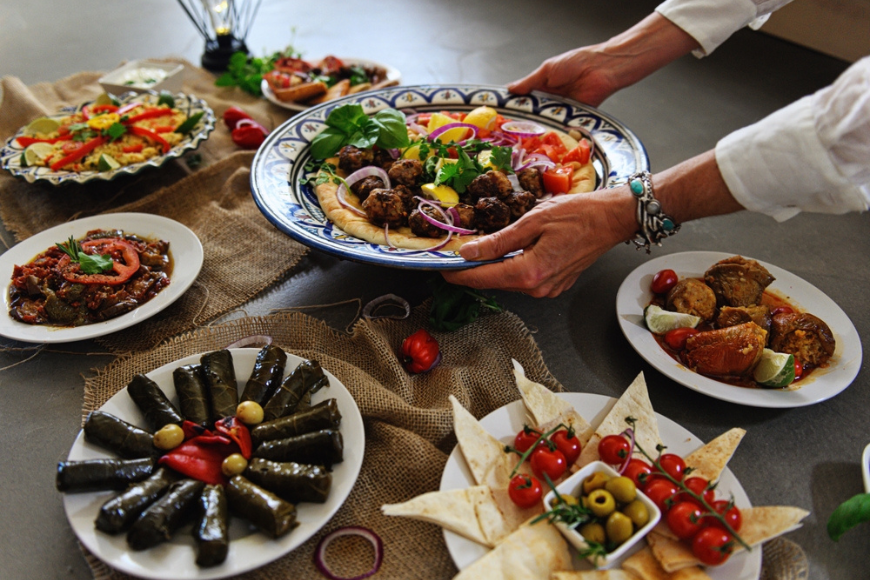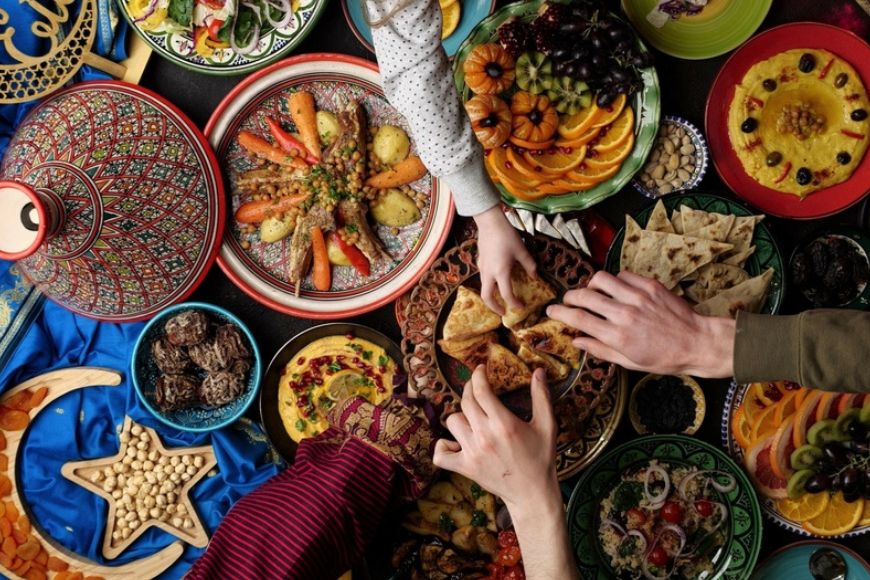There were nearly 1.7 million new cases of breast cancer diagnosed in 2016
22 September 2019
| Last updated on 1 October 2020Did you know? Breast cancer is the most common cancer in women worldwide.
In fact, nearly 1.7 million new cases were diagnosed in 2016, and it's the second leading cause of cancer deaths after lung cancer. You may not have also known that men can get breast cancer too, but they account for just one percent of all breast cancer cases.
Incidence rates vary greatly worldwide from 19.3 per 100,000 women in Eastern Africa to 89.7 per 100,000 women in Western Europe; e.g. one in eight Western women will develop breast cancer during their life.
SEE ALSO: The types of breast cancer and treatments available
Fortunately, breast cancer is very treatable if detected early. Localized tumors can usually be treated successfully before cancer spreads; and in nine out of ten cases, the woman will live at least another five years. However, late recurrences of breast cancer are common, but early stages have higher survival rates.
According to the National Cancer Institute, the 5-year survival rates for breast cancer are:
- Stage 0: 100%
- Stage I: 100%
- Stage II: 93%
- Stage III: 72%
- Stage IV: 22%
Improved screening procedures and treatment options at places like Mediclinic Parkview help to identify breast cancer at an earlier stage and therefore improve survival rates.
What are the risk factors of breast cancer?
Several risk factors for breast cancer have been well documented. However, for the majority of women presenting with breast cancer, it is not possible to identify specific risk factors. Important things to be aware of include:
- The risk of breast cancer increases with age.
- A familial history of breast cancer increases the risk by a factor of two or three.
- Some DNA mutations (particularly BRCA1, BRCA2 and p53) result in a very high risk for breast cancer. However, these DNA mutations are rare and account for a small portion of the total breast cancer burden.
- Factors associated with prolonged exposure to estrogen: these include: early menarche (first period), late menopause, late age at first childbirth - these are among the most important risk factors for breast cancer.
- Hormone replacement therapy might increases the risk for breast cancer after > 5 years of usage.
- Some studies suggest an increased risk for recent contraceptive pills users, but these data are not conclusive.
- High dose radiation also increases also the change for breast cancer.
- Other risk factors are alcohol use, overweight and obesity, and physical inactivity.
- Breastfeeding has a protective effect.
Factors not related to breast cancer
- Fibrocystic breast tissue
- Multiple pregnancies
- Coffee or caffeine intake
- Use of anti-per spirants
- Wearing underwire bras
- Using hair dye
- Having an abortion or miscarriage
- Using breast implants
What are the symptoms of breast cancer?
The signs and symptoms of breast cancer include:
- A lump or thickening in or near the breast or in the underarm that persists through the menstrual cycle
- A mass or lump, which may feel as small as a pea
- A change in the size, shape, or contour of the breast
- A blood-stained or clear fluid discharge from the nipple
- A change in the feel or appearance of the skin on the breast or nipple (dimpled, puckered, scaly, or inflamed)
- Redness of the skin on the breast or nipple
- An area that is distinctly different from any other area on either breast
- A marble-like hardened area under the skin
The sooner breast cancer gets diagnosed, the better your odds of getting successful treatment for it are. That's why it’s important to have regular breast exams by your doctor, mammograms as recommended, and to check your breasts for any suspicious changes.
How to do a self-exam for breast cancer
It's a good idea to know how your breasts normally look and feel so you can notice any changes. Medical organizations have different recommendations for breast self-exams, though.
SEE ALSO: Here's how to maintain a positive mind, body and soul
It may better to wait 3 to 5 days after your period ends to do your self-exam. That's because hormonal changes before your period can cause a temporary thickening in your breast that goes away after your period.
How and when to have a mammogram
Most women don’t start having mammograms until they’re at least 40 years. If you’re at higher risk for breast cancer, your doctor may want you to start at a younger age.
Recommendations for breast cancer screening
Internationally there are different guidelines...
The Royal College Of Gynecology in UK recommends 2-yearly mammogram screening from age 50-70 years. The American Cancer Society recommends yearly screening mammograms starting at 45 years, and the US preventive services task force recommend 2 yearly 50-74 years.
In the UAE yearly mammogram screening from age of 40 years is recommended (and in Saudi Arabia even from the age of 35 yrs).
Ask your doctor’s advice for your personal screening recommendation.
Ultrasound can be used as an additional diagnostic test and is usually not used as a screening tool. (the same for MRI).
Diagnosis of breast cancer
The only way to confirm cancer is for a doctor to do a needle aspiration or surgical biopsy to collect and test tissue for cancer cells.
:: Screening can help to detect breast cancer at an early stage and therefore increase the survival rate. When in doubt consult your doctor, we are here to screen, detect and help when and where needed.































































































![We Tried [u]bk's Lively Garden Brunch at Mövenpick JLT Dubai We Tried [u]bk's Lively Garden Brunch at Mövenpick JLT Dubai](https://cdnexpatwomanfood.expatwoman.com/s3fs-public/urban%20bar%20and%20kitchen%20brunch%20main.png)











































